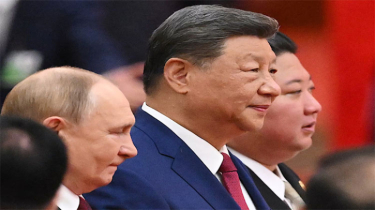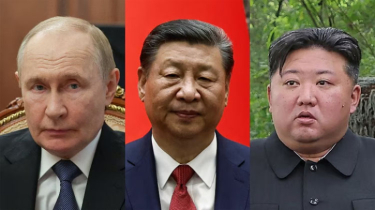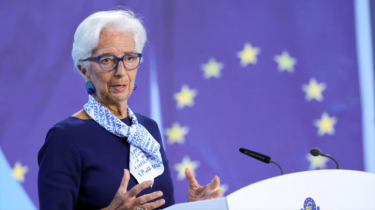Australia-Israel ties hit rock bottom, yet business quietly continues.

Published : 21:27, 3 September 2025
Tensions between Australia and Israel have plunged to their lowest point in years following Australia’s decision to recognise a Palestinian state. In a sharp rebuke, Israeli Prime Minister Benjamin Netanyahu accused Australian Prime Minister Anthony Albanese of betraying both Israel and the Jewish community, a move that triggered visa cancellations, heated rhetoric, and diplomatic fallout.
The crisis began when Canberra announced its intention to formally recognise a Palestinian state at the upcoming UN General Assembly, banking on overwhelming humanitarian concerns in Gaza to justify the shift. Australia coordinated with allies, including the United Kingdom, France, and Canada, in making this significant pivot away from its historically pro-Israel stance.
In retaliation, Israel revoked visas for Australian diplomats assigned to the Palestinian Authority. This decision followed Australia’s refusal to grant a visa to far-right Israeli lawmaker Simcha Rothman, whose remarks were deemed inflammatory. Amid the escalating conflict, both sides exchanged barbed statements: Netanyahu denounced Albanese as weak and accused him of abandoning Australian Jews, while anti-Israel sentiment was blamed for empowering extremist elements.
Prime Minister Albanese responded with characteristic calm. He said he had informed Israel of Australia's intentions before announcing recognition and emphasised his commitment to preserving a respectful diplomatic relationship despite the rift. Still, the dispute has strained ties not just bilaterally but within broader Western coalitions, with concern voiced over its implications for intelligence-sharing, defence cooperation, and commercial links.
Despite the public fallout and rhetoric, both nations continue to engage quietly behind the scenes. Trade remains largely unaffected, and channels of communication, particularly on security and intelligence, have not been severed. Analysts and community leaders note a persistent undercurrent of pragmatic collaboration even as public diplomacy falters.
Sources: The Australian, Reuters, BBC News,
BD/AN











